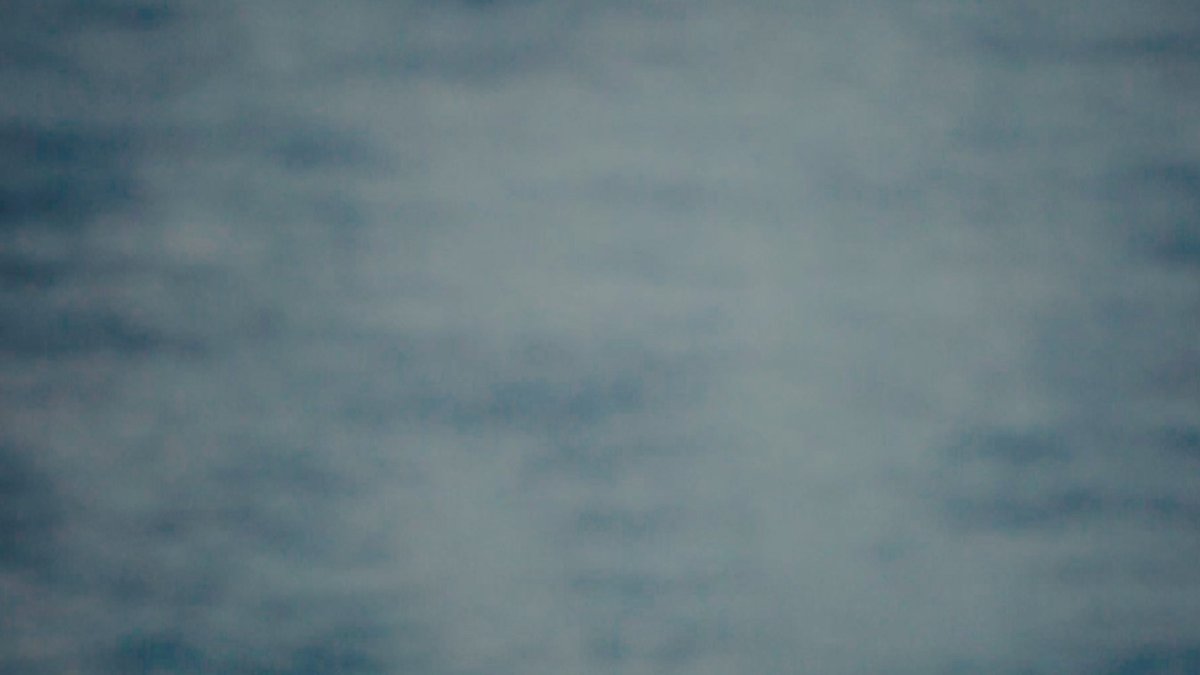
Altered perceptions: Using immersive sound and image to depict experiences of blindness
More than 2 million people are living with sight loss in the UK, and this is predicted to double by 2050 because of the ageing population (RNIB 2019). Empathy for this condition is needed by family, friends, teachers and society, to facilitate care and communication, and counter discrimination.

Dora Filipovic
Current methods of sight loss simulation involve blindfolds and vision obscuring goggles for different conditions but do not approach the phenomenological experience of living with sight disorder, which involves accentuated attention to the auditory world. In this PhD project I propose to develop an alternative approach using the new medium of virtual reality film with immersive sound and vision, and fictitious storylines transporting the audience into the everyday life of people with different kinds of sight loss.
- What is the subjective experience of people growing up with the most common forms of sight loss?
- How can we best portray the lifeworld and internal sensory experiences of partially sighted and blind people?
- What empathic effects can be created in audiences through VR immersion?
Mixed methods will be employed to address these questions in a practice-based PhD informed by the literature on different sight conditions, perception, acoustics, film, social and science. The creative approach I intend to adopt is to prioritize the ‘audio’ over the ‘visual’ through the design and production of an immersive soundscape. This would then be used to subsequently develop the visual (and narrative material). The link between sound and image will not always be straightforward, occasionally fragmented and sometimes apparently disconnected. However, the interactivity of the medium will often seduce the audience into creating their own artistic audio-visual linkages. The research will develop a new way of helping sighted people to understand the experience of blindness better. As such it will provide another demonstration of how media can be assistive or therapeutic, not in a direct conventional sense, but indirectly through its influence on others who gain empathy for the twin conditions of disability (vision) and super-ability (hearing).
Researching the technicalities of blindness and auditory perception and working to creatively express its human experience through film and immersive media artwork is a new approach in this area. It provides the opportunity to (a) generate new knowledge about the experience of sight loss itself, (b) refine the application of new cinematic and sound design techniques in this novel area, and (c) share positive stories about blindness highlighting the sense of hearing as their main tool for communication.
Funding
The project is full-time and self-funded, starting October 2019 for three years.
Get in contact
If you're interested in finding out more about this project then please email Dora Filipovic.
Supervisors

Jon Weinbren
Supervisor

Professor David Frohlich
Co-Supervisor